The province’s recent pledge to permanently fund 40 seats for BC students at the Western College of Veterinary Medicine in Saskatoon was welcome news to the livestock and poultry sectors, but a new study says a local option is needed to support local food production.
“As you go further north in and around the Peace, there is a big problem up there with large animal vets and getting them to come and do work on ranches,” says rancher and BC Cattlemen’s Association president Brian Thomas. “It’s even hard to get medication and vaccines for our cattle because they all have to be through a vet. It certainly becomes an animal health and welfare issue with the shortage of vets.”
A homegrown veterinary program taught in BC could address the issue, says a recent economic impact study of veterinary medicine in BC that accounting firm MNP LLP conducted with the support of the BC Cattlemen’s Association, BC Ministry of Agriculture and Food and other stakeholders in Northern BC.
To meet the province’s demand for veterinarians, recruitment incentives and additional training options are needed, proponents say. A vet program at UNBC, for example, could enable and encourage students to study and practice in the province.
The study found that the ratio of large animals to veterinarians working in large or mixed animal practices in urban BC was between 3,000 and 3,500 animals per veterinarian. The ratio jumps to between 7,700 and 8,900 animals per veterinarian in rural and Northern BC.
Additionally, the vet shortage contributes to increased mortality and limits the growth of operations, both of which the report says impact ranch profitability and viability.
Indeed, vets play a critical role in ensuring the sustainability and viability of the agricultural industry.
“We recognize the need for veterinarians is growing in British Columbia as we focus on supporting our farmers, ranchers and the agricultural sector overall to continue to improve access to fresh, local, affordable and sustainable food,” BC Minister of Post-Secondary Education and Future Skills Selina Robinson said when the province announced funding for WCVM students on March 23. “We know farmers and ranchers need access to vets to support healthy animals. We’ve seen the demand for new vets especially in Northern British Columbia and we’ve been taking action.”
However, a BC-based vet school is not on the table, Robinson says, citing the existing seats in Saskatchewan and the expense of establishing a new program.

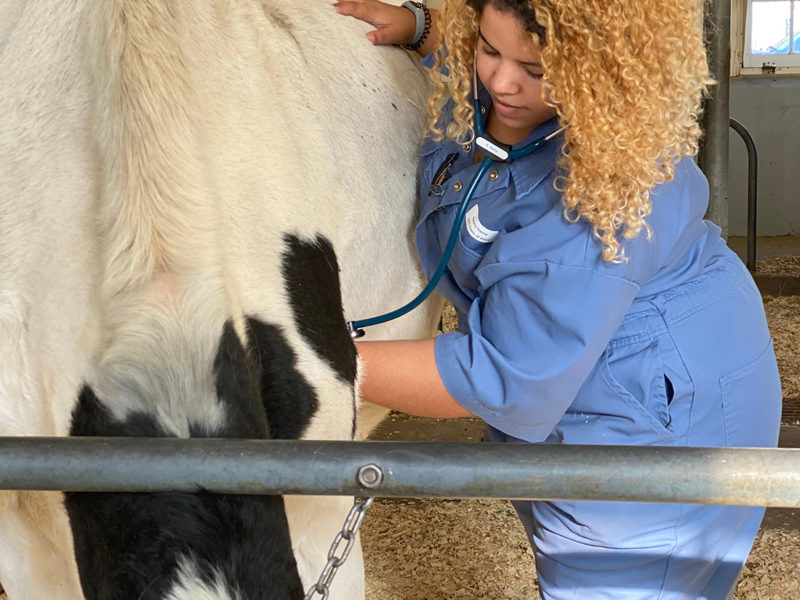
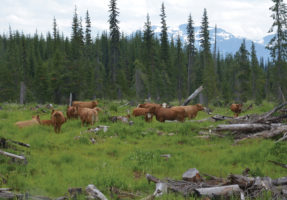
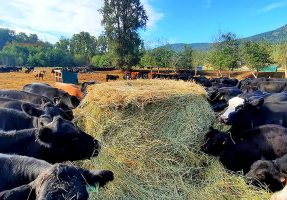
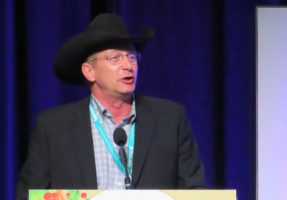
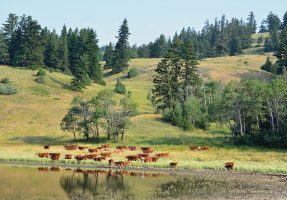
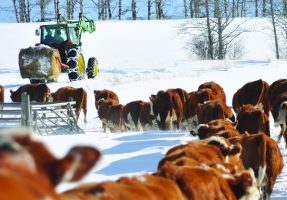
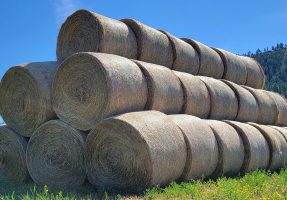
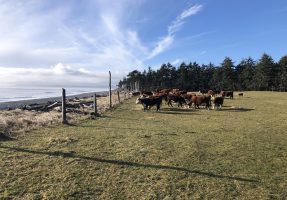
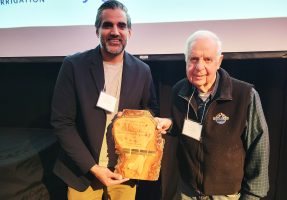

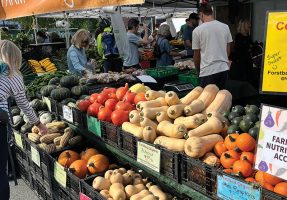

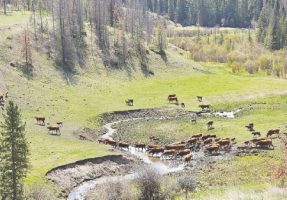
 Abbotsford Tulip Festival returns
Abbotsford Tulip Festival returns